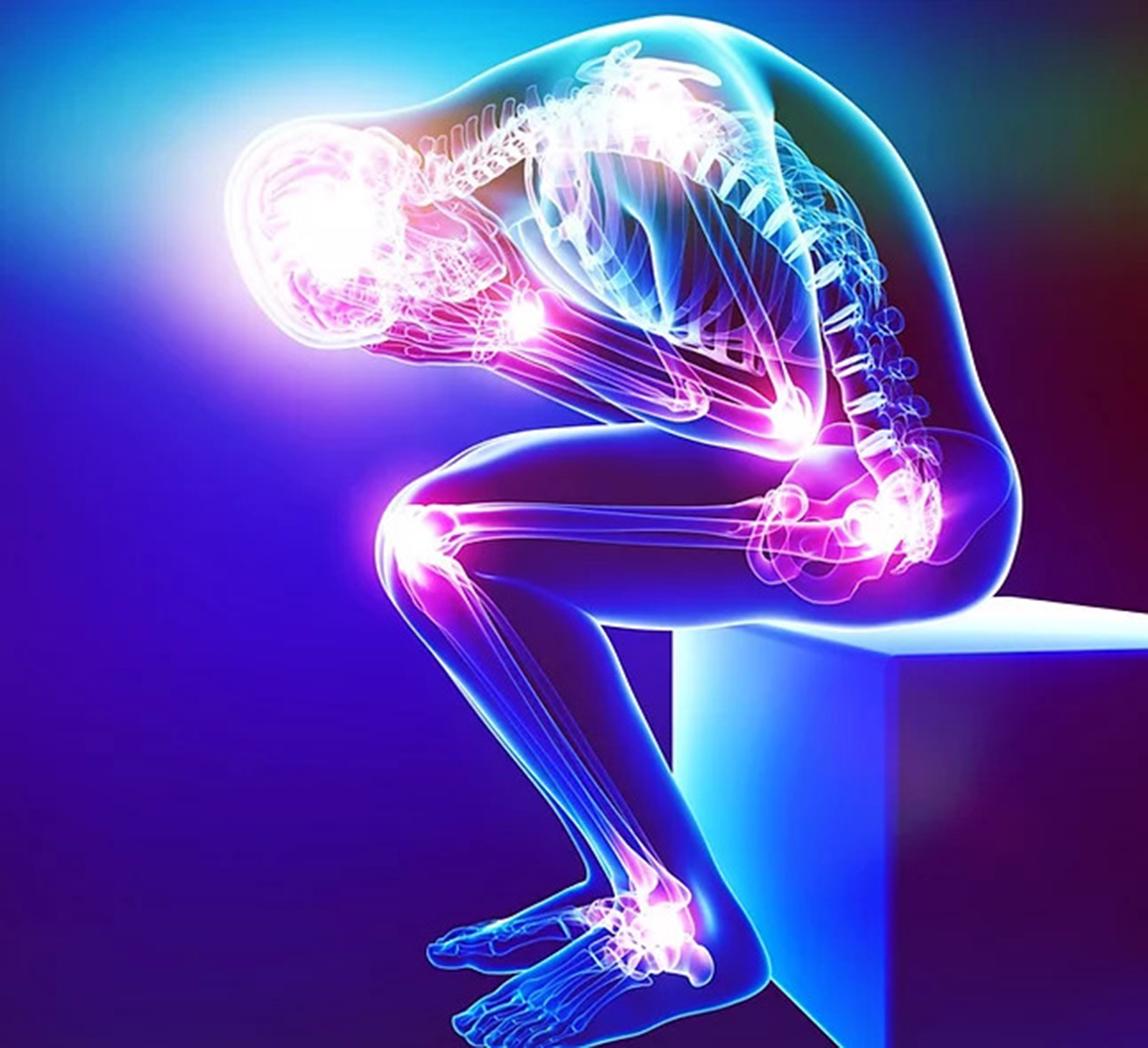Outside the Tingling Sensation: The Consequences of Neuropathy on Everyday Life
Neuropathy is a term that often evokes memories of pins and needles in the extremities, but its effects goes far deeper than these bodily sensations. This disorder affects the nervous system responsible for transmitting signals between the brain and the rest of the organism, leading to a wide range of difficulties that can interfere with daily life. Grasping neuropathy is crucial for those suffering from its effects, as well as for their caretakers, as it can present in various forms and degrees of intensity.

For many people, neuropathy can bring about a suite of obstacles, from chronic pain and sensitivity to pressure, to challenges with coordination and stability. These challenges can hinder normal activities, making previously straightforward tasks a source of annoyance and discomfort. As we examine the consequences of neuropathy, it is crucial to understand how this disorder can shape not only bodily sensations but also mental and interpersonal aspects of life, highlighting the need for knowledge and help in managing its challenges.
Grasping Neuropathy
Nerve damage refers to multiple issues that arise from harm to the nerves outside the brain and spinal cord, which are associated with the body’s extremities. This harm can interfere with the typical signaling processes of these nerves, resulting in a wide range of symptoms. Typically, individuals with nerve damage may feel sensations such as pins and needles, decreased feeling, or aches in the affected areas, which can significantly affect their daily activities and overall quality of life.
There are several causes of neuropathy, including diabetes, infections, injuries, and exposure to harmful substances. Nerve damage from diabetes is one of the most prevalent types, as high blood sugar levels over time can lead to injury to the nerves. Other underlying conditions, such as immune system issues and vitamin deficiencies, can also contribute to the development of nerve damage. Understanding these factors can help in dealing with the symptoms and preventing more nerve damage.
The consequences of neuropathy can change widely among individuals. Some may face mild discomfort, while others can endure debilitating pain that disrupts essential tasks such as walking, driving, or even holding objects. Additionally, neuropathy can impact coordination and balance, increasing the risk of falls and injuries. As a result, people experiencing nerve damage often need to make specific adjustments to their lifestyles and seek appropriate treatment to mitigate its influence on their daily lives.
Daily Challenges Faced
Existing with nerve damage introduces a range of difficulties that can considerably impact daily life. pain treatment may feel discomfort, tingling in different parts of their system, which can turn simple tasks such as moving or holding objects challenging. Simple activities like fastening a shirt or using on a keyboard can turn frustrating and tedious, often requiring additional energy and concentration.
In moreover to physical limitations, neuropathy can also result in emotional and mental challenges. The inconsistency of symptoms can cause nervousness and stress, as people may fear about how their condition will influence their autonomy and ability to take part in social interactions. Emotions of loneliness can arise, especially if people do not grasp the challenges associated with existing with neuropathy.
Furthermore, people often need to change their everyday practices to handle their condition, which can bring about changes in daily living. This may entail organizing their schedule around phases of ache or fatigue, depending on helpful aids, or looking for assistance from doctors. These modifications, while required for managing conditions, can sometimes create a feeling of grief or aggravation, as individuals navigate their altered situation.
Coping Techniques and Treatment
Addressing neuropathy effectively involves a combination of daily changes, medical interventions, and supportive approaches. Patients are encouraged to embrace a balanced diet full in vitamins and minerals that support nerve health. Including consistent physical activity can help improve circulation and decrease discomfort. Mindfulness practices such as yoga or meditation can also serve as beneficial tools for managing stress and enhancing overall well-being.
From a medical perspective, treatment options may differ depending on the underlying cause of neuropathy. Over-the-counter pain relievers and doctor-recommended medications can help alleviate symptoms. In some cases, healthcare providers may suggest topical treatments or complementary therapies such as acupuncture or physical therapy to ease discomfort. Customized treatment plans are essential, as they meet the unique needs and conditions of each individual.
Community networks play a vital role in coping with neuropathy. Connecting with people who understand the challenges of living with neuropathy can provide emotional support and practical advice. Informative resources, support groups, and counseling can equip individuals with coping strategies, building resilience and improving quality of life while managing this condition.